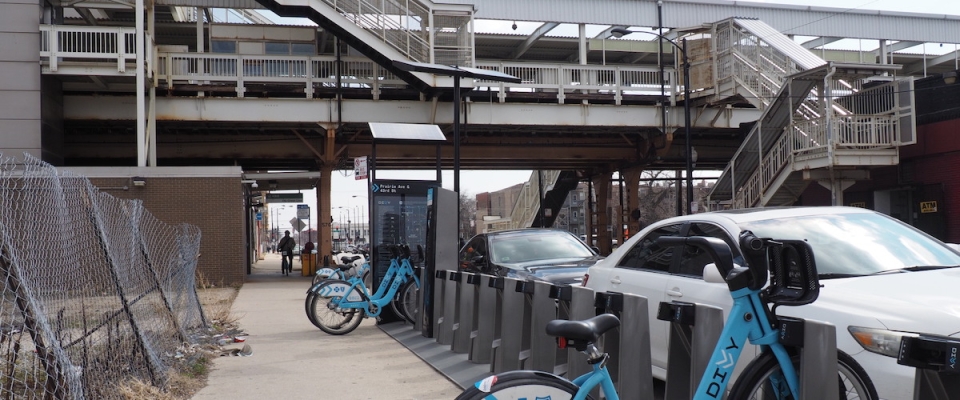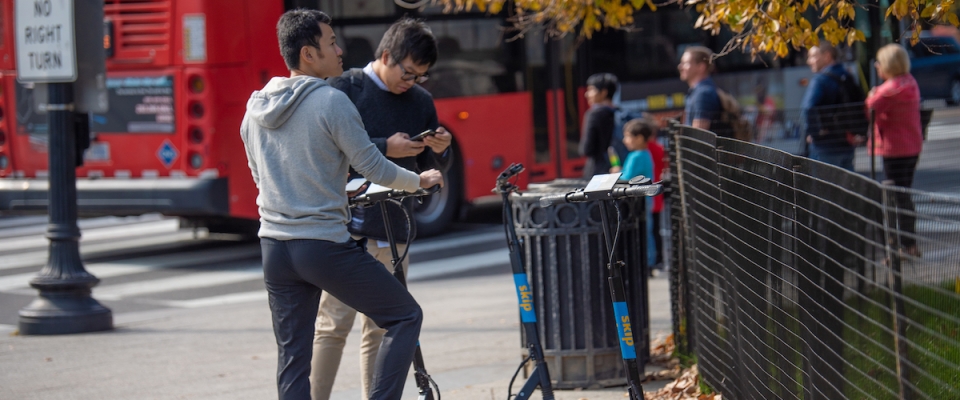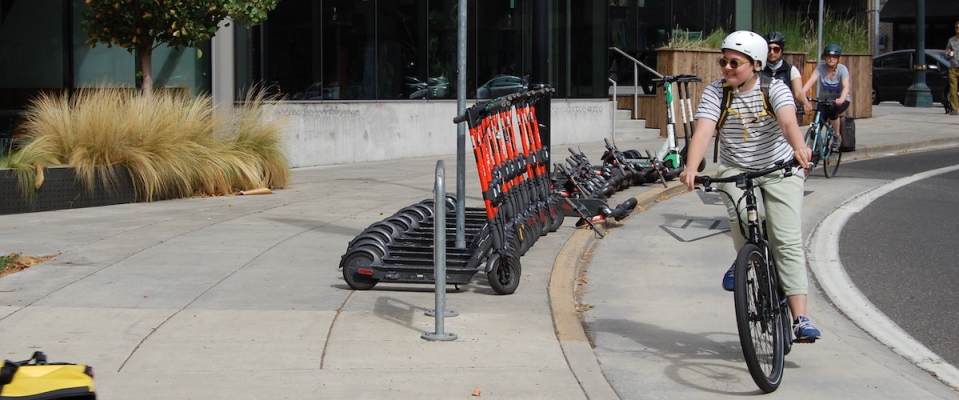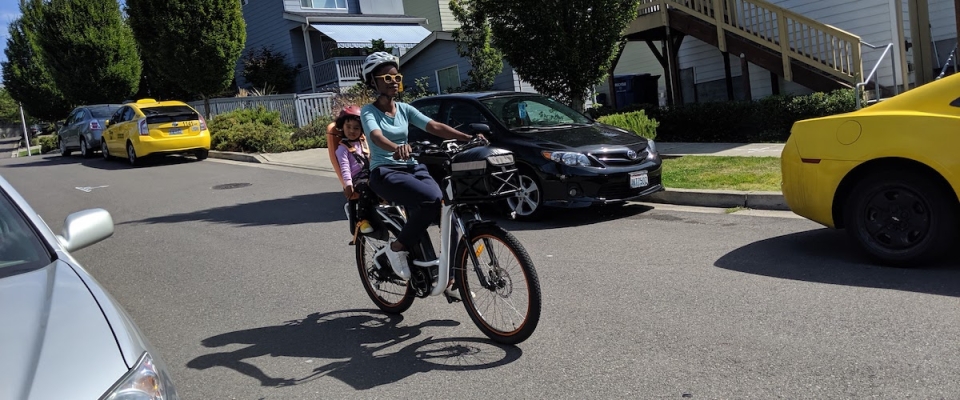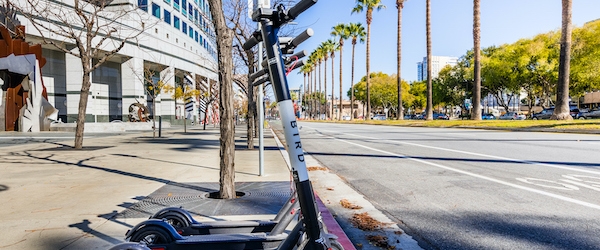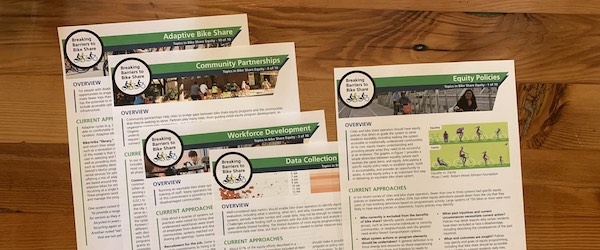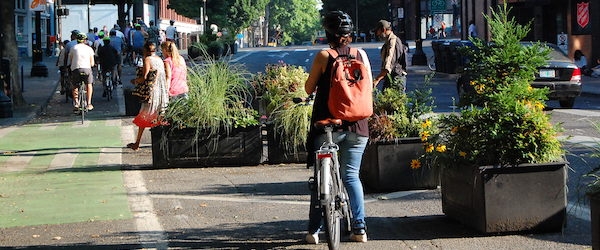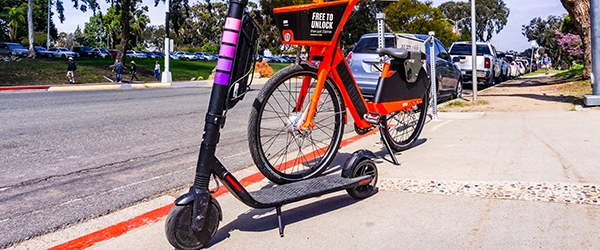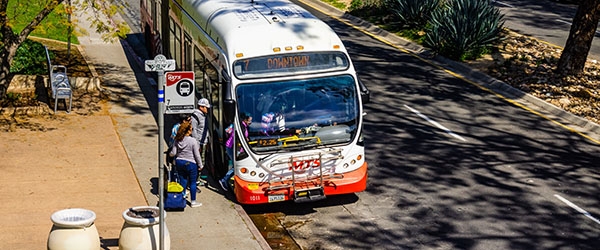Researchers Jennifer Dill, Jiahui Ma, Nathan McNeil, Joseph Broach and John MacArthur of Portland State University have published a new article in the November 2022 issue of Transportation Part D: Transport and Environment. The open-access article, "Factors influencing bike share among underserved populations: Evidence from three U.S. cities," examines bike share use and interest among lower-income residents and people of color in New York, Chicago, and Philadelphia.
There is evidence that lower-income and people of color (POC) in the U.S. do not use bike share as much as higher-income and white people. Using data from residents living near bike share stations in New York, Chicago, and Philadelphia, the paper examines reasons for these disparities. Researchers looked at many factors that might explain bike share use and interest in lower-income, racially diverse, traditionally underserved neighborhoods. They focused on residents who live near bike share stations, so that proximity would not be a barrier.
A few key findings:
- People who are not members, but are interested in using bike share, including POC, are motivated to use bike share for fun, recreation, and social reasons (as opposed to utility).
- Knowledge of bike share and receiving information from interactive sources (for example,...

